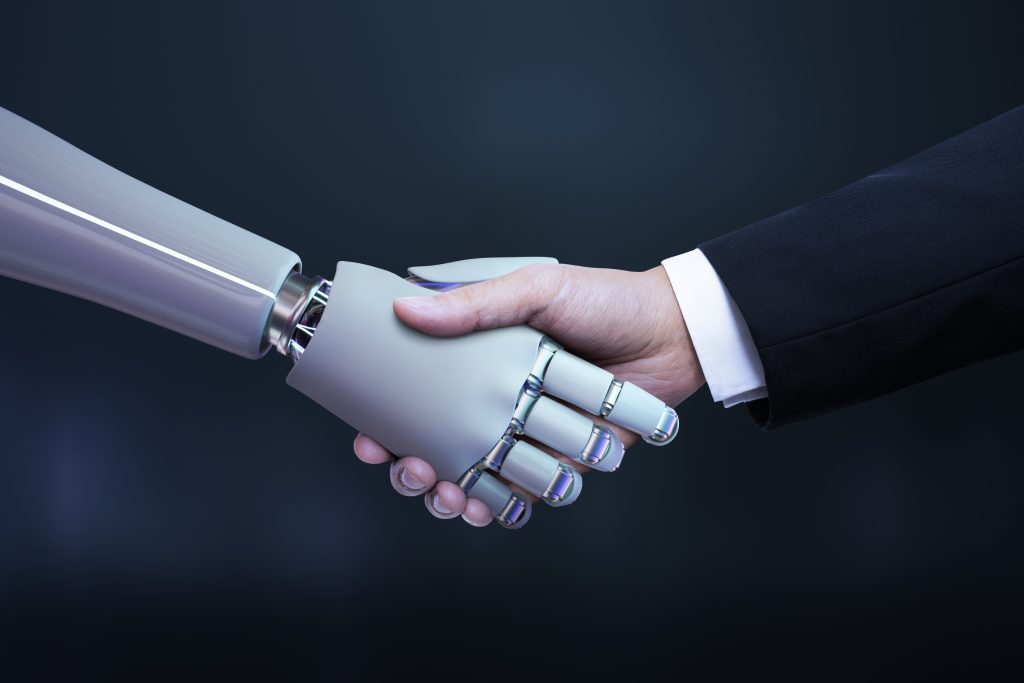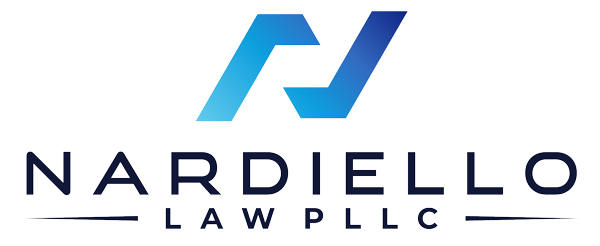Image credit: Image by rawpixel.com on Freepik
ChatGPT and Copyright Law: Understanding AI’s Role and Infringement Risks

It was exactly ten years ago when I was working as an IP attorney at a major law firm, when I had a discussion with one of my colleagues in the IP department: Would “software” eventually make lawyers obsolete? Back then, I don’t think we were even calling it AI yet, but my answer to my colleague’s question was unequivocal: There’s no way! But now with the release of ChatGPT, I’m not so sure and now it’s clear that AI will completely change how clients interact with lawyers and how lawyers do their jobs.
And make no mistake, AI that creates content, like ChatGPT, will almost certainly be at the center of lawsuits, especially copyright law. If you don’t believe me, take a look at the article that ChatGPT drafted for me, by asking the simple question: “Draft a blog post about chatgpt and copyright law.” It created this post in about 3 seconds:
As artificial intelligence (AI) technology continues to advance, more and more businesses are incorporating AI chatbots into their operations. One popular AI chatbot is ChatGPT, a large language model developed by OpenAI that can answer a wide variety of questions on many different topics. However, as with any AI technology, it’s important to consider how copyright law applies to ChatGPT’s responses.
Copyright law is the legal framework that governs the use of creative works, such as text, images, and music. In general, copyright law grants exclusive rights to the creators of these works, including the right to reproduce, distribute, and display the works. Therefore, it’s important to consider whether ChatGPT’s responses might infringe on someone else’s copyright.
When you use ChatGPT, you’re essentially asking it to generate a response based on the input you provide. This means that ChatGPT is not copying or reproducing existing works; rather, it’s creating new content based on its understanding of the input. Therefore, in most cases, the responses generated by ChatGPT are unlikely to infringe on someone else’s copyright.
However, it’s important to keep in mind that copyright law is complex, and there may be situations where ChatGPT’s responses could potentially infringe on someone else’s copyright. For example, if you ask ChatGPT to generate a response that includes a significant portion of someone else’s copyrighted work, such as a song or a book excerpt, that could potentially be considered infringement.
To avoid potential copyright issues, it’s a good idea to be mindful of the types of input you provide to ChatGPT. If you’re asking ChatGPT to generate a response that includes someone else’s copyrighted work, it’s a good idea to obtain permission from the copyright owner or to use only a small portion of the work as part of a broader discussion or critique.
In conclusion, ChatGPT is a powerful tool that can help you answer a wide variety of questions. However, it’s important to be aware of how copyright law applies to the responses generated by ChatGPT. By being mindful of copyright issues and obtaining permission when necessary, you can use ChatGPT and other AI technologies responsibly and legally.
I think the post the AI drafted is mostly correct – it is a good idea to get permission from the copyright owner to use even a small portion of a work that ChatGPT uses. However, I’m not so sure how one would find out where ChatGPT found the data to create the content. I suppose I’ll go back to ChatGPT and ask.
